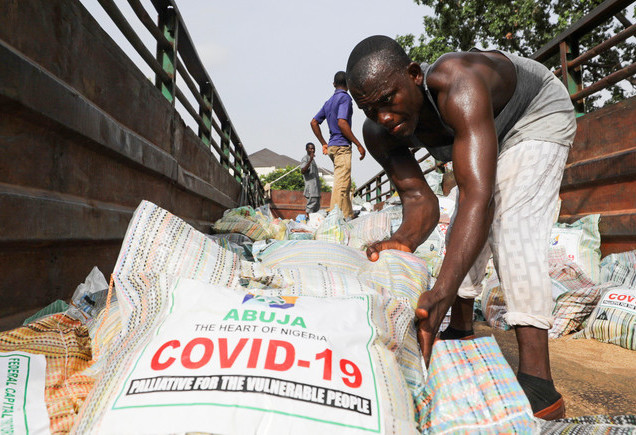The global pandemic has entered a new and decidedly uncertain phase. While the developed world debates how best to reopen their economies while proposing trillions of dollars in additional stimulus, Covid-19’s epicenter has shifted to South America and new cases are rising quickly in Africa and India.
In the developing world, the situation is much different. Here, the immediate threat—beyond the growing healthcare crisis—is finding a way to help essential service providers get through the pandemic so they can continue to provide a safety net for communities in need.
Covid-19 is challenging the private sector to do its part.
In the first real global crisis in the era of impact investing, it would be a mistake for private investors to remain on the sidelines and let governments and multilateral institutions around the world carry the burden alone.
COVID-recovery financing facilities aim to bridge capital gaps for small and growing businesses
For years, impact investors have been vocal and persistent advocates of the power of private capital to bring about positive social, economic, and environmental change. In the developing world, impact investing is often about something much more elemental: helping deliver critical services such as clean water, food, affordable housing, and healthcare to communities that local governments simply cannot or do not serve.
For instance, in Africa, with predictions of 20 million people potentially losing their jobs and as much as a third of the workforce being affected, there is a real concern that tens of millions of people will be pushed into poverty, wiping out the progress made in the last 30 years toward the U.N.’s first Sustainable Development Goal of “No Poverty.”
These communities have increasingly turned to private, purpose-driven companies to help meet their basic needs for food and water and healthcare. But the concern amid Covid is whether those companies that function as safety nets for low- and middle-income households can continue to provide those critical services during—and after—the coronavirus pandemic.
That’s why in April, Vital Capital launched a new debt facility, starting with an initial $10 million in capital, to offer loans for essential businesses to get through this wave of coronavirus.
Impact investors who care about earning market rates on their purpose-driven investments should consider the effective return on this type of investment. Building a healthcare facility from scratch might require $20 million in capital. To prevent an existing one from closing its doors might only require a loan of $1 million. There’s also the additional value of forging new relationships and building trust with businesses that, once past this crisis, will be critical players in their regions.
We implore impact investors in other parts of the world to extend similar lifelines to vital, impact-oriented businesses. In Africa, we know that governments and development banks will step in to save large, strategic assets as well as infrastructure projects nearing completion. We also know that many local commercial banks will likely prioritize their existing clients and outstanding loans. And we know where that leaves many micro, small- and medium-sized enterprises, which account for more than 70% of employment in Africa and 40% of the GDP. That’s according to McKinsey & Company, which calculated that $50 billion are required in the next 3 months to save these 90 million (MSMEs).
Meanwhile, the developing world can’t count on the same level of foreign investments as they’ve enjoyed in the recent past. In Africa, foreign direct investment is already projected to fall 30% to 40% due to the coronavirus economic shocks, according to the United Nations, as money that would have been directed to the region is likely to stay in the U.S. and Europe to shore up domestic economies.
‘Impact Rescue Facility’ targets $1 billion to support small enterprises in emerging markets
In this odd period of hyper-isolation, investors in the West may wonder why they should care about saving small businesses in Africa when there are plenty of companies and communities in need closer to home. But if this pandemic demonstrates anything, it’s how interconnected we all are, and that economic black swans, which affect our own well-being, cross oceans quickly.
The question that impact investors must ask ourselves is: Will we be true to ourselves and our values at this consequential moment in history, when the communities we serve need us now more than ever? Or will we effectively isolate ourselves from this crisis, and let the positive impact we’ve made in recent years fade away?
The question impact investors will ask one another in the years to come is: “What did you do when Covid-19 pandemic erupted?”
Nimrod Gerber is managing partner of Vital Capital.












